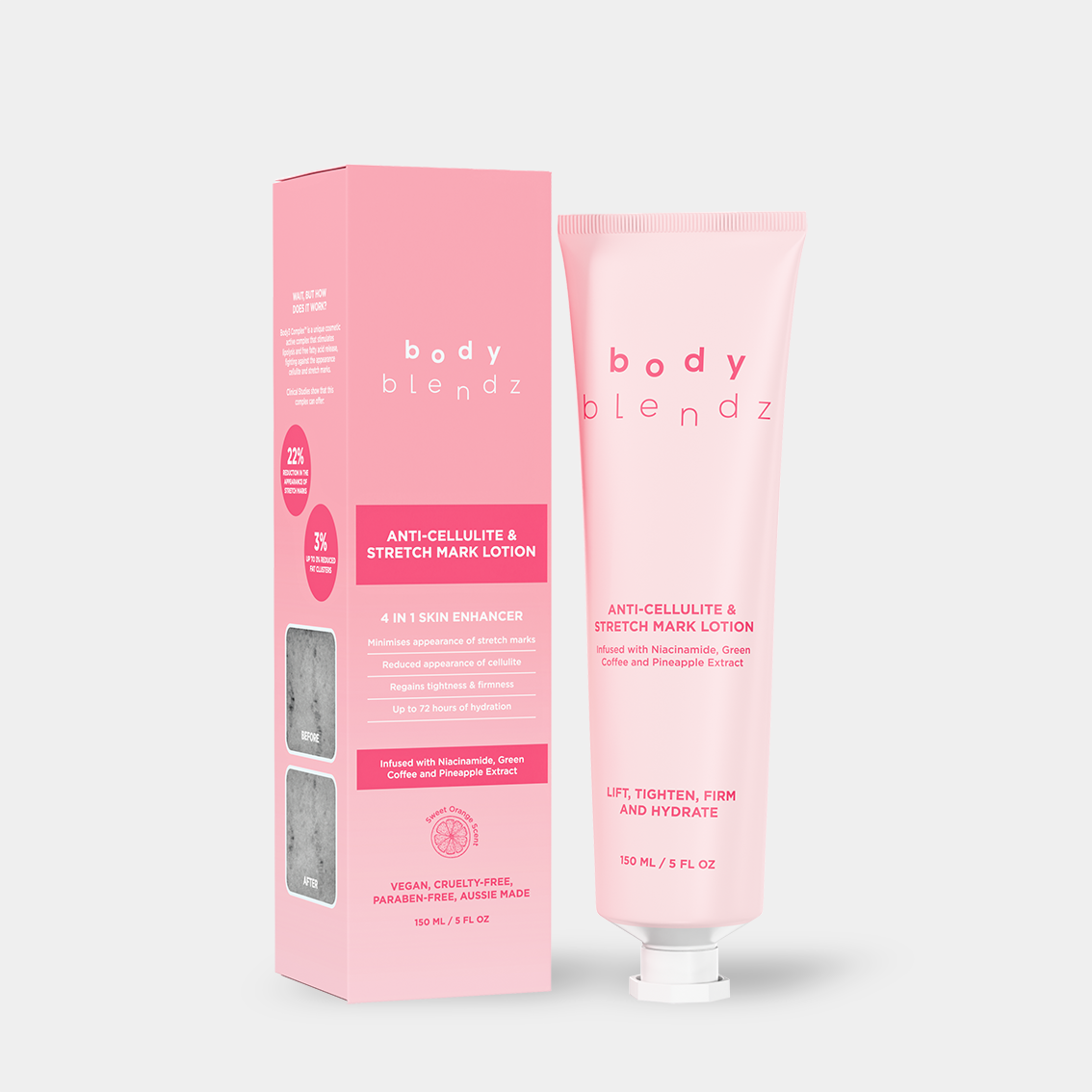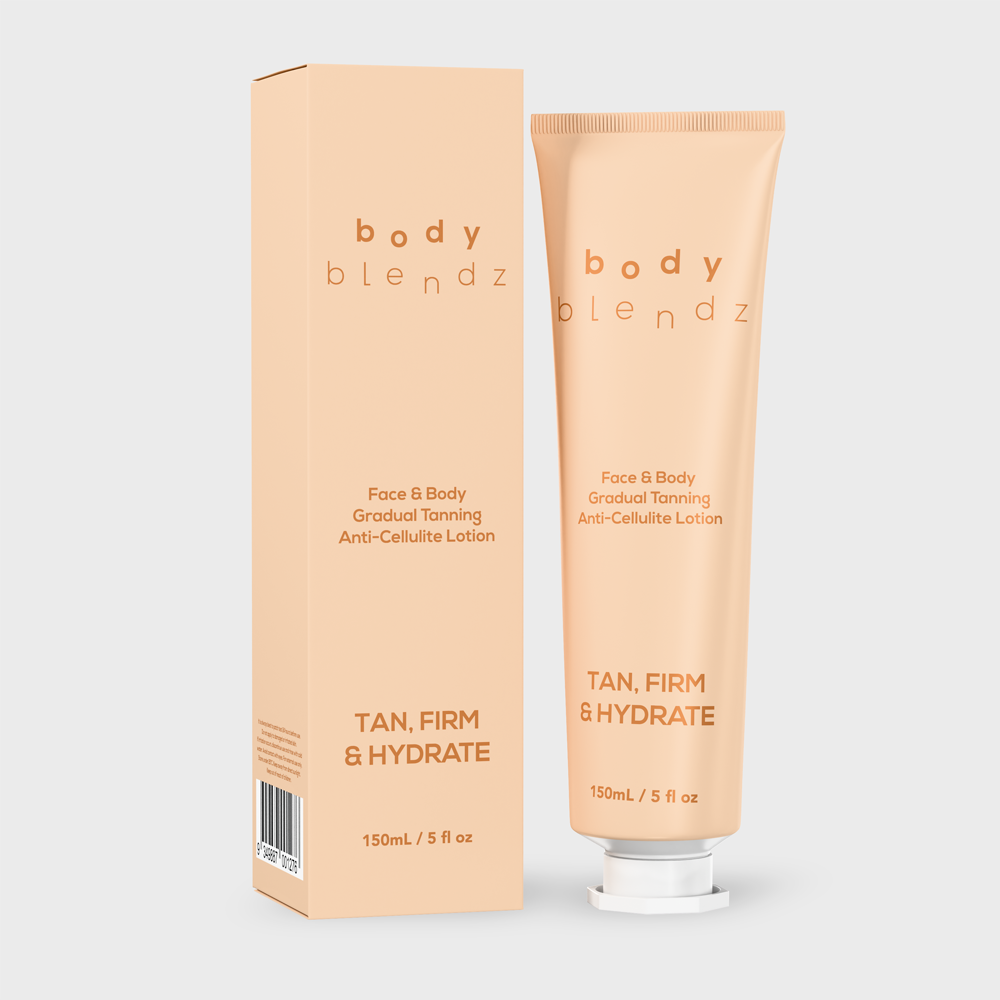All About Face Masks, Types and Benefits

Face masks have been trending as one of the most popular skincare products, and it looks like the face masks craze won’t be going off the trend list any time soon. Face masks of all sorts grace virtually every social media influencer’s page.
Why have face masks become such a favourite among skincare enthusiasts? What are the benefits face masks offer? What are the different kinds of face masks? Let us answer those questions and discover why regular use of face masks is the key to recreating and maintaining clear, soft, and supple skin.
How Face Masks Work to Benefits Your Skin
Works like serums or intensive creams, face masks deliver vitamins, nutrients, and other active ingredients to where they are needed most. Face masks deeply penetrate the skin’s surface.
As an occlusive, a physical barrier, face masks deliver and lock in the beneficial ingredients into your skin. Putting on a face mask immerses the skin with the active ingredients and prevents those ingredients from evaporating rapidly, allow them to do their job fully.
Most face masks work doubly effectively. First, at varying strengths, face masks safely exfoliate the top layer of dead skin. And second, face masks allow your skin to absorb the necessary active ingredients.
For sensitive skin or acne-prone skin, face masks exfoliate gentler than regular face scrubs. Sheet face masks or clay masks with little to no abrasives are best for sensitive or acne-prone skin types. Clay masks with tea tree and charcoal works best to absorb excess oil and gently dry and heal pimples and other skin irritations.
Even the non-exfoliating kind, face masks perform a light exfoliation. When the face mask comes off, some dead skin cells go along with the face mask.
With different types and formulations, face masks benefit the skin in a combination of ways:
• Refine skin texture
• Unclog and deep cleanse pores
• Shrink enlarged pores
• Absorb excess sebum
• Minimise fine lines and wrinkles
• Brighten dark spots
• Improve elasticity
• Firm the skin
• Moisturise dry skin
How often to use face masks?
Depending on the formulation of your face mask, it is possible to use them every other day. The recommended application is as follows: at least once per week for normal skin and combination skin; twice per week for oily skin using oil-absorbing and acne healing masks; and once or twice a week for dry skin using gentle, moisturising mask formulation.
When to use a face mask?
Using a morning face mask preps the skin for makeup and provides lasting hydration. Using face masks late afternoons or when the sun has gone down is advisable if you’re using a clarifying mask or an exfoliating mask. You’ll avoid having the harsh sun’s rays on newly exfoliated skin.
Definitely, use a firming and hydrating face mask before any event. Your perked-up, smooth skin will be your best ‘accessory’ for that big day.
What are the different kinds of face masks?
There are different types of face masks, these face masks are as varied as the skin types and skin concerns of their potential users. Face mask variety is evermore evolving and multiplying, there will surely be additions to the list below.

Clay masks
Clay masks perform miracles for oily and acne-prone skin. Clay absorbs excess sebum, thoroughly cleanses the pores, detoxifying the skin, and eases inflammation.
Dry skin need not shy away from clay masks. Read the label to make sure the clay mask is good to use for dry skin. There are clay masks formulation that encases dry skin cells with intense hydration. Clay masks also tighten and firm sagging skin, you can feel the tightening of the skin as the clay dries.
Cream masks
Cream masks are face masks that aren’t solely made (or none at all) of clay or mud nor have a gel-like consistency. This was what we used to think of as face masks before the clay, gel, and sheet masks became popular. They are the ones the paved the way for the current trendy masks, and they still do their job well.
Some cream masks are formulated with essential oils like tea tree, natural oils like argan, baking soda, charcoal, to name a few ingredients, to target specific skin maladies.
Gel masks
Gel masks are masks with the texture and physical properties of jelly or jam. Lightweight, they are often formulated to be hydrating and soothing than firming. Some popular gel masks are overnight masks.
Overnight/sleep masks
The traditional face masks are usually removed or rinsed off after some time working on the face; overnight or sleep masks are used before going to bed and works while you go off to snooze.
Hydrating or treatment masks are fast absorbing and won’t mess up your hair or your pillow. Leave them on to allow more time to work. Unlike night creams is used nightly, overnight or sleep masks are usually formulated to work as treatment and are used up to thrice weekly.
Sheet masks
Sheet masks are cotton sheets with holes for eyes, nose, and mouth, doused in serums specific for a particular skin type and skin condition.

Sheet masks are ideal for all skin types, although they won’t mob up excess oil as clay masks would. Sheet masks are great for sensitive skin if they are formulated mildly, as there are no abrasives that can irritate the skin.
Exfoliating masks
Exfoliating masks are formulated to remove clingy dead skin cells that cause all sorts of skin troubles from dull skin to trapped dirt and oil beneath the skin’s surface to fine lines and wrinkles. Exfoliating masks improve the skin’s natural cell renewal and turnover process.
Typically, exfoliating masks either use physical abrasives like salt, coffee grounds, sugar, pumice, or chemical exfoliants like alpha or beta hydroxy acids to lift off or dissolve dead skin cells. The secret to increasing the effectiveness of expensive creams and serums is by regular exfoliation. Freshly exfoliated skin is always ready to receive your skincare products’ actives.
Peel-off Masks
Peel-off masks can count as an exfoliating mask since peel-offs remove a thin layer of dead skin from the skin’s surface. Peel-off masks can’t reach deep down to thoroughly cleanse pores, nor can they absorb excess oil.
![]()
Twosome BB Mask |
Face and Chest Pink Clay Mask |












